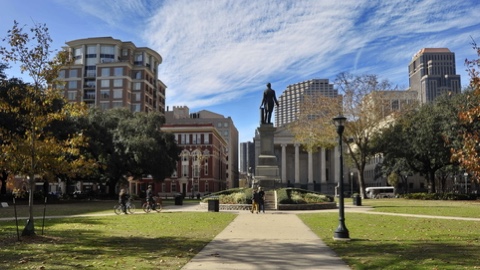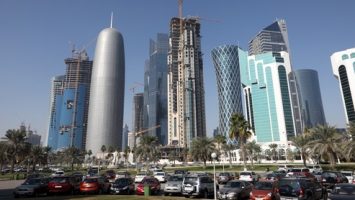
The city-parish of Lafayette, Louisiana is moving ahead with an open data initiative to give residents easy access to information regarding their city. Residents will be able to have online access to up-to-the-minute air quality data received from sensors that collect data on particulate matter and ozone, two common pollutants, as well as temperature and humidity.
“This is all going to be publicly accessible data, ready for them to use and immediately relevant to the community,” said Will LaBar, of CGI, a technology firm with a Lafayette office that is working with city-parish government on the initiative.
Residents of Lafayette can already access some data held by the city-parish government, including crime figures and building permits, but not in an easily accessible manner. In contrast, the nearby city of Baton Rouge has had an open data initiative since 2015 and offers online access to data on businesses registered with city, fire incidents, government purchase orders, crime, real-time traffic conditions, sales tax collections, blighted property, building permits, tax rolls and city-parish employee salaries, among other things. The data can be easily navigated on East Baton Rouge Parish government’s website, which lets users display data through a variety of maps and charts that can be customized.
“The public can create their own visualizations,” said Eric Romero, director of information services for East Baton Rouge Parish government. “It’s about giving them the tools to really drill down into their area.”
The initiative received a boost last year when the U.S. Environmental Protection Agency announced a $40,000 grant to install 300 air quality sensors throughout Lafayette as part of the federal agency’s Smart City Challenge. City-Parish President Joel Robideaux said the recent EPA grant for the air quality sensors is a “momentum builder” for taking advantage of the city-owned fiber-optic Internet service, Acadiana’s emerging technology sector and the expertise at UL-Lafayette.
“Pursuing smart city solutions in order to transform how [city-parish government] serves and interacts with citizens and businesses is critical to economic growth in Lafayette,” Robideaux said in a written statement. “Integrating our information systems and enabling open data initiatives will foster our economy, improve government services and increase citizen engagement.”


